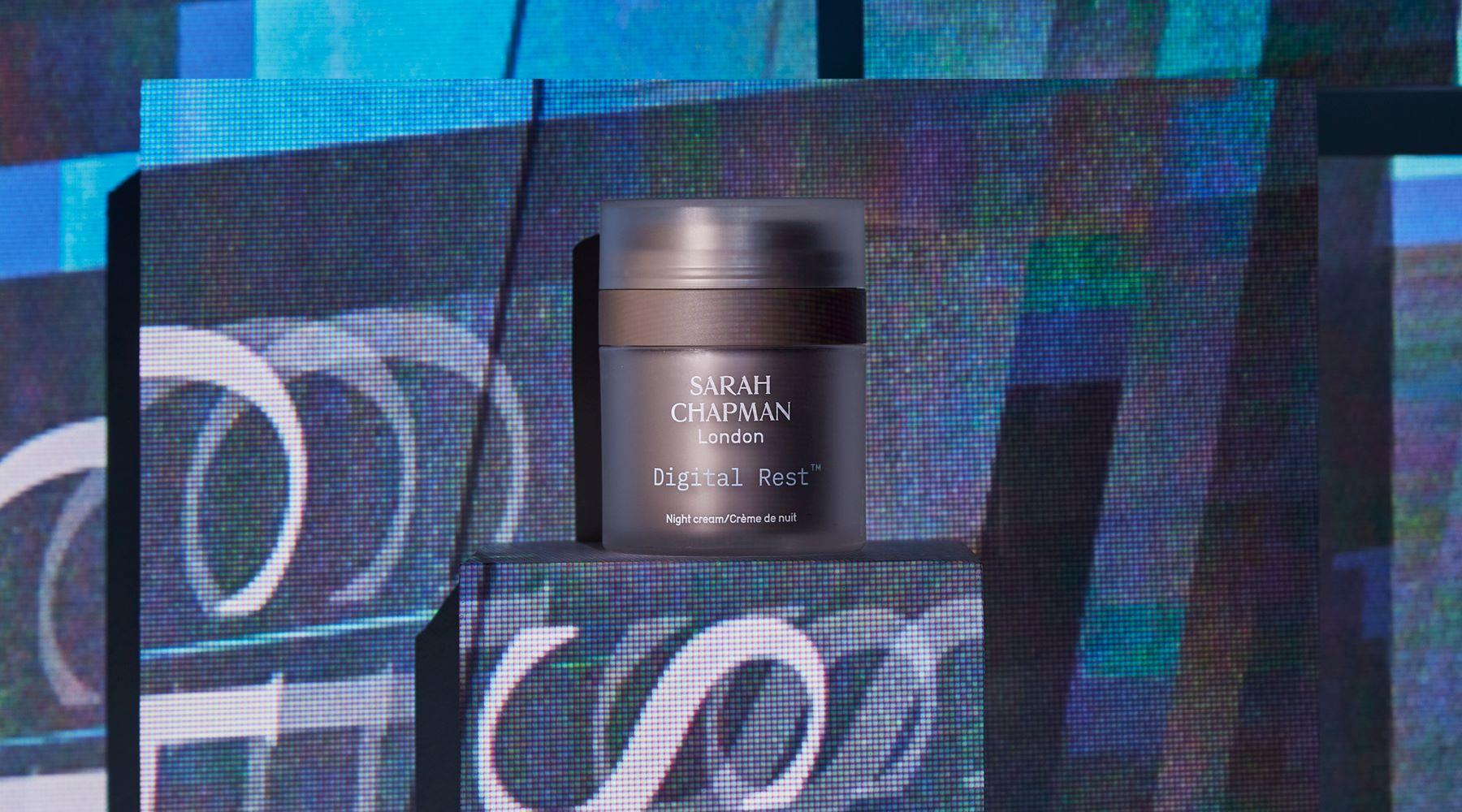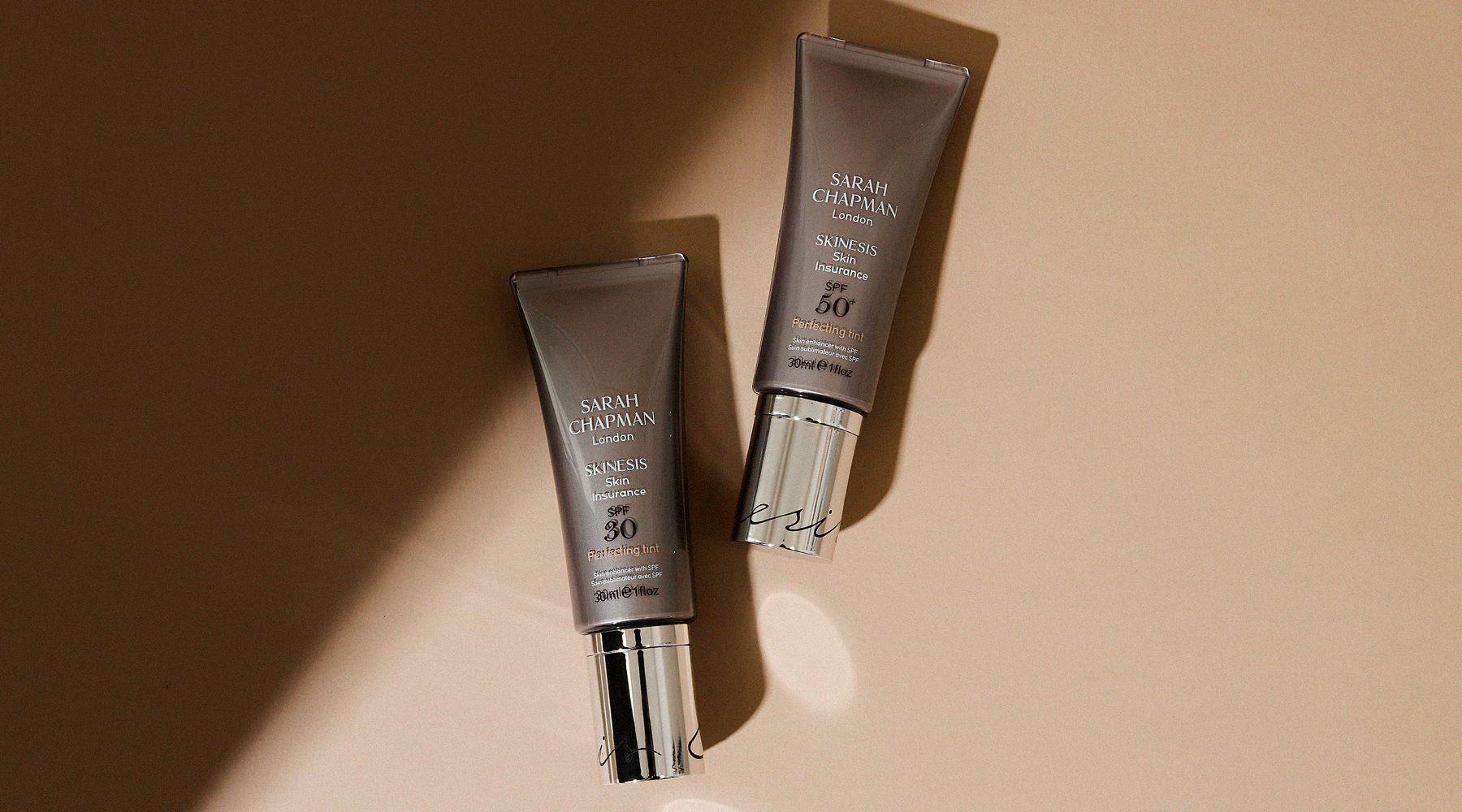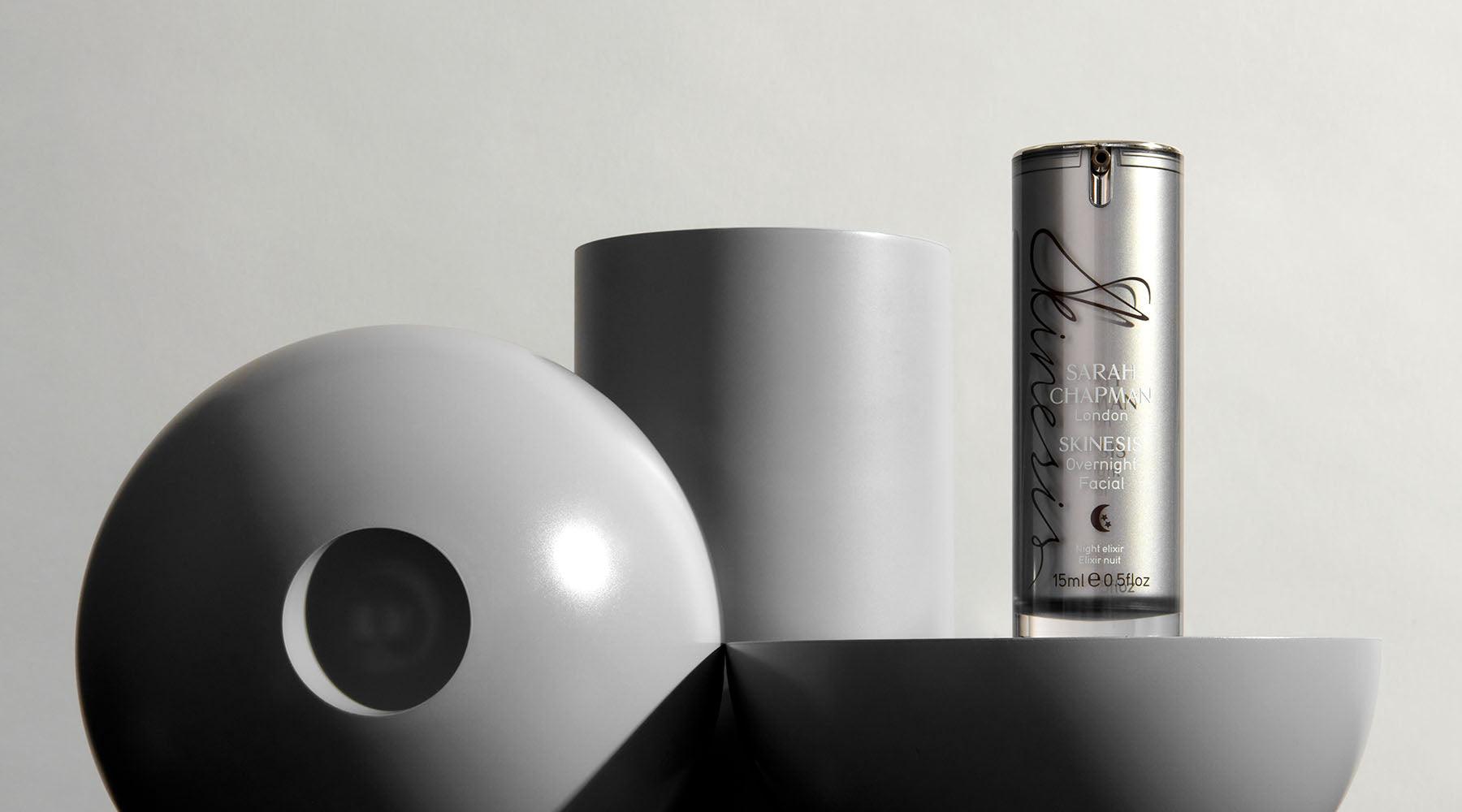
Is Digital Light Damaging Your Skin?
Despite our best intentions, modern ways of life and work can see us sitting indoors, going from our phones, to our laptops, and back to our phones. These habits are only magnified when the colder, darker months roll around, when it’s all too tempting to curl up on the couch and reach for our digital devices for entertainment. This idea that we’re exposing ourselves to relatively high levels of blue light all day long is nothing new, but how are these lifestyle shifts affecting our skin health? And can digital defence skincare help? Let’s take a closer look.
What is blue light?
Though blue light has become synonymous with the light emitted from phones, computers, tablets and televisions, it’s also found in sunlight. Blue light is a powerful, short-wavelength light that’s visible to the human eye (unlike UVA and UVB rays, which are invisible).
Is blue light damaging?
Yes and no. Exposing your eyes to blue light from the sun in the morning is beneficial for regulating your circadian rhythm, which is your body’s 24-hour wellbeing clock that dictates everything from your sleep-wake cycle to your digestion and hormone levels. (And your skin cycle, but more on that later.)
However, as our eyes can’t filter out blue light out, it penetrates all the way to the retina, potentially damaging light-sensitive cells in the eye over time. Researchers haven’t yet determined how much blue light is too much.
Is blue light ageing for skin?
There’s still a lot to be uncovered about its skin-ageing effects, but recent studies have indicated that blue light – digital or otherwise – can trigger oxidative stress in your skin, just like UV rays. Oxidation occurs when free radicals cause stress in your skin cells, damaging DNA, disrupting your skin barrier, accelerating collagen loss, and visible signs of skin ageing like fine lines and wrinkles.
How does blue light affect sleep?
As with most things when it comes to our wellbeing, it’s all about balance, and blue light exposure at irregular times of day can be disruptive to your circadian rhythm. In the evening, darkness triggers the release of melatonin – our body’s calming hormone that tells our brain and body that it’s time to wind down and get ready to rest. When our eyes register blue light from a digital source at night (think scrolling nose-to-screen on your phone in bed) these natural hormone cycles are suppressed, which can knock your circadian rhythm out of sync.
Tied to your body’s rhythm is your skin’s own wellbeing clock, which signals your skin cells to renew and repair overnight, keeping your complexion healthy, balanced, and functioning as it should. Disrupting these processes can lead to an impaired skin barrier, inflammation, vulnerability to damage, and a fatigued, dull-looking complexion.
How can I defend my skin from blue light damage?
As always, my advice is to take a holistic approach – and consistency is key!
Add digital defenders to your skincare routine
There have been brilliant innovations in world of digital defence skincare and ingredients. I formulated my Digital Rest™ night cream to fortify the skin against the effects of light exposure, stress and poor sleep. A specialised active ingredient B-Circadin™ helps to reset the skin’s circadian rhythm, while Lumicease™, Co-Biodefender EMR and protective antioxidants strengthen the skin against damage from light pollution. For your morning routine, reach for my Icon Day moisturiser and Glow elixir, which are formulated with free-radical fighting antioxidants and Blumilight™, a seed extract that offers blue light protection.
Be mindful of your blue light exposure throughout the day
I tell all my clients that establishing a healthy sleep-wake routine is one of the best things they can do for their overall wellbeing, not just for their skin. To help regulate your circadian rhythm, get out for a morning walk to benefit from that natural blue light, even if it’s just a quick walk around the block. In the evening, prioritise an evening wind-down routine of setting down your digital devices at least two hours before bed.
Throughout the day, blue light filtering lenses can help protect your eyes from excessive exposure to screens and digital attack. I designed a pair of Tom Davies frames with the creative genius himself, and he had them fitted with ZEISS BlueGuard lenses, which are highly researched to protect the eyes in the modern world. When using blue light filters, your eyes are protected, and the effects on your mind and sleeping patterns are minimised.
SC




